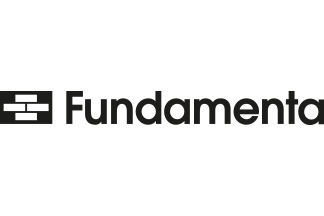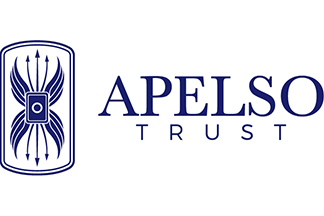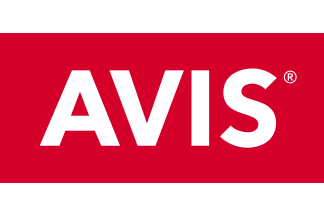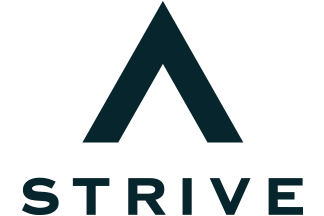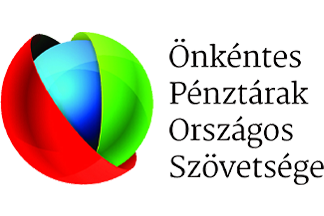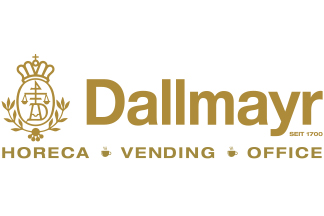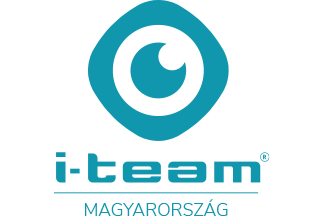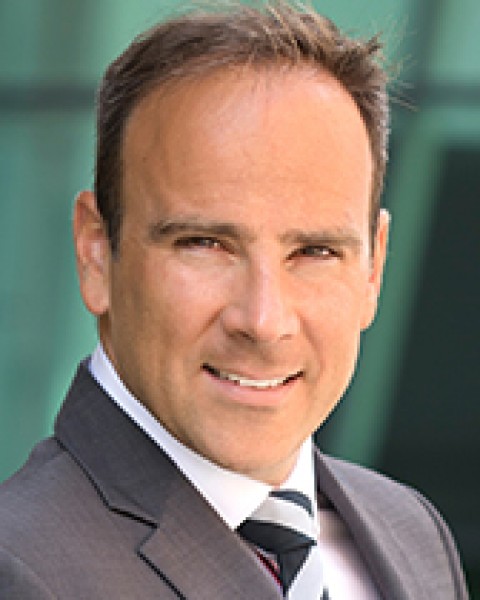The global economy is beginning to recover from the negative spiral caused by the coronavirus. Although early in the pandemic, it seemed savings would also suffer, these fears were short-lived as household savings grew substantially in Hungary just as they did around the world.
Household assets held in government securities are nearing HUF 10,000 billion, but investment funds, deposits, stocks and retirement savings have also grown. For pension funds, the good news is that they no longer have to fear a state-owned competitor in the market as the government has abandoned the idea of retirement bonds. But will the market of retirement savings be able to reach younger generations, something it had failed to do so far? What will happen to the concept of welfare funds?
Assets managed by private banks also rose to a new record high during the pandemic, even as new, online world order made acquiring new customers substantially more difficult. What are the future expectations of the private banking sector? Will the era of private bankers and personal meetings return, or should we prepare for a virtual future? Will they be able to acquire new customers, or will the increasing wealth of existing customers drive growth in the short term?
Meanwhile, the recovery of household consumption represents another new challenge for the self-reliance and savings market. What will happen to the extra savings stockpiled during the pandemic? What tools can market players use to encourage long-term savings? Will digitalisation and online customer service bring changes in this regard? Or will incumbents find that the biggest issue is not consumption but rather fintechs and online investment service providers, which have come to the fore during the pandemic?
A lot of exciting questions that we will seek to answer at Portfolio's Self-reliance 2021 conference with the help of professionals from the savings and self-reliance markets.




























